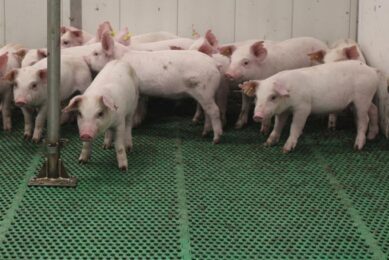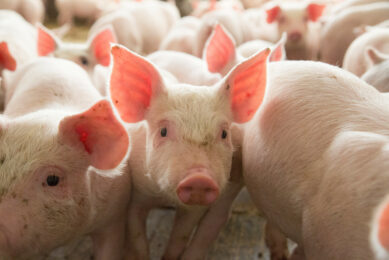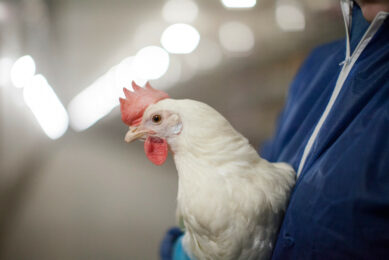The crucial link between gut health and immunity
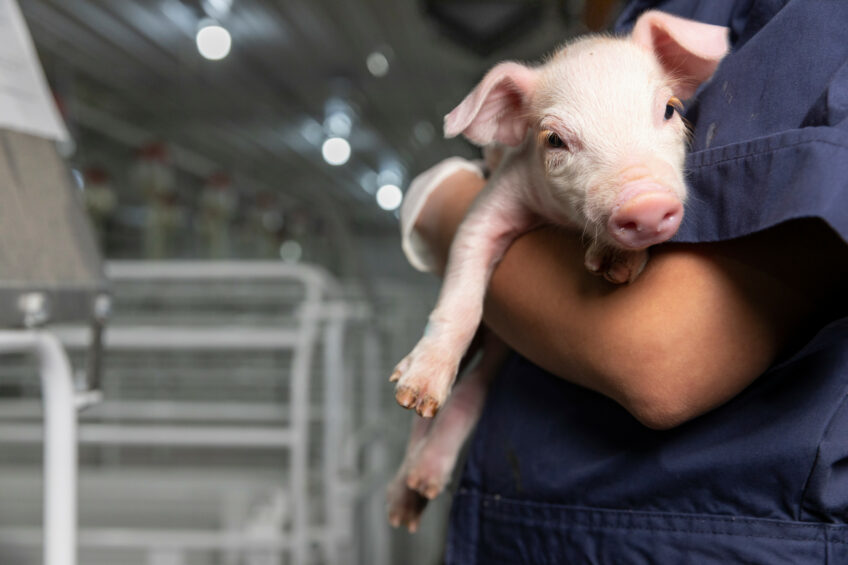
A healthy gut is characterised by a balanced and diverse gut microbiota, intact gut barrier integrity and optimal immune responses, which contribute to promoting resilience and overall health. By proactively prioritising gut health, producers can fortify their pigs’ defences, reduce reliance on antimicrobials, and promote sustainable and welfare-conscious pig farming practices.
The importance of gut health as a cornerstone of animal welfare, performance and disease resilience in the modern-day pig industry cannot be overstated. That holds true particularly when producers are increasingly faced with challenges such as evolving production practices, emerging pathogens and heightened environmental pressures.
The integrity of the gastro-intestinal (GI) tract is critical for modulating the immune functions, nutrient absorption and overall health of the pig. Within the GI tract, the gut microbiome plays the most pivotal role in maintaining gut health and influencing performance outcomes in pigs.
The microbiome — comprised of trillions of micro-organisms inhabiting the GI tract — influences various physiological processes, including immune development, inflammation regulation and energy metabolism, which ultimately impacts pig growth, performance and health. As such, interventions aimed at promoting a resilient and balanced gut microbiome and optimal gut health are essential for combating diseases and maximising performance outcomes in pig farming operations.
Intricately linked
Gut health and immunity in pigs are intricately linked, with the gut serving as a primary site for immune regulation, pathogen recognition and immune responses. A healthy gut environment — which is generally characterised by an intact gut barrier, diverse and stable microbiota, efficient digestion and nutrient absorption, and a balanced immune response — is essential for maintaining immune homeostasis and protecting pigs against infectious diseases and inflammatory disorders.
Additionally, disruptions to gut health can compromise immune function, leading to an increased susceptibility to infections and impaired overall health in pigs. In fact, it is widely believed that 90% of diseases in pigs can be traced back to their gut health and the microbiome in one way or another, underscoring the significant impact of gut health on disease susceptibility and resilience in pigs.
Strong immunity in pigs is mediated by the complex relationship between innate and adaptive immune mechanisms. By working together to recognise and eliminate pathogens while also maintaining tolerance to harmless antigens, these immune mechanisms contribute to robust immunity and, as a result, help provide protection against a wide range of pathogens.
Optimising gut barriers
In addition to building immunity, optimising gut barriers against pathogens in pigs is also essential for enhancing disease resistance and promoting their overall health and welfare. Several strategies can be employed to strengthen gut barriers and minimise the entry and dissemination of pathogens within the GI tract, including:
Maintaining gut barrier integrity
This is crucial for preventing the translocation of pathogens and harmful toxins from the gut lumen into systemic circulation. Implementing management practices that support gut health — such as providing clean water, minimising stressors and avoiding dietary contaminants — can help maintain gut barrier integrity and reduce the risk of gut barrier dysfunction.
Promoting beneficial gut microbiota
Beneficial micro-organisms within the gut microbiota play a key role in supporting gut barrier function and preventing pathogen colonisation. Strategies to promote a diverse and balanced gut microbiota, including prebiotic supplementation, can enhance gut barrier integrity and the competitive exclusion of pathogens.
Enhancing mucosal immunity
Strengthening mucosal immunity within the gut-associated lymphoid tissue (GALT) is essential for mounting effective immune responses against invading pathogens. Providing immunomodulatory feed additives, such as beta-glucans, nucleotides and immunoglobulins, can stimulate mucosal immune functions and enhance the production of secretory IgA antibodies, which play a crucial role in mucosal defences and pathogen neutralisation.
Implementing biosecurity measures
Maintaining strict biosecurity measures is essential for preventing the introduction and spread of pathogens within pig production facilities. Implementing protocols for biosecurity — including proper sanitation, disinfection and pest control — helps reduce the risk of pathogen contamination in feed and water and on environmental surfaces, thereby minimising the exposure of pigs to infectious agents.
Overall, optimising a pig’s gut barriers to pathogens and strengthening its natural immune defences requires taking an inclusive approach that emphasises the implementation of holistic management practices and nutritional strategies that support optimal immune function, gut health and overall well-being in pigs. By doing so, producers can help their animals build disease resilience and ensure optimal health and productivity — which, in turn, will minimise their reliance to antimicrobial interventions.
Addressing imbalances in gut health
Addressing imbalances in gut health through targeted nutritional strategies is important for enhancing immune function and building resilience in pig farming operations. One strategy that shows great promise is the use of yeast-based mannan-rich fractions (MRF).
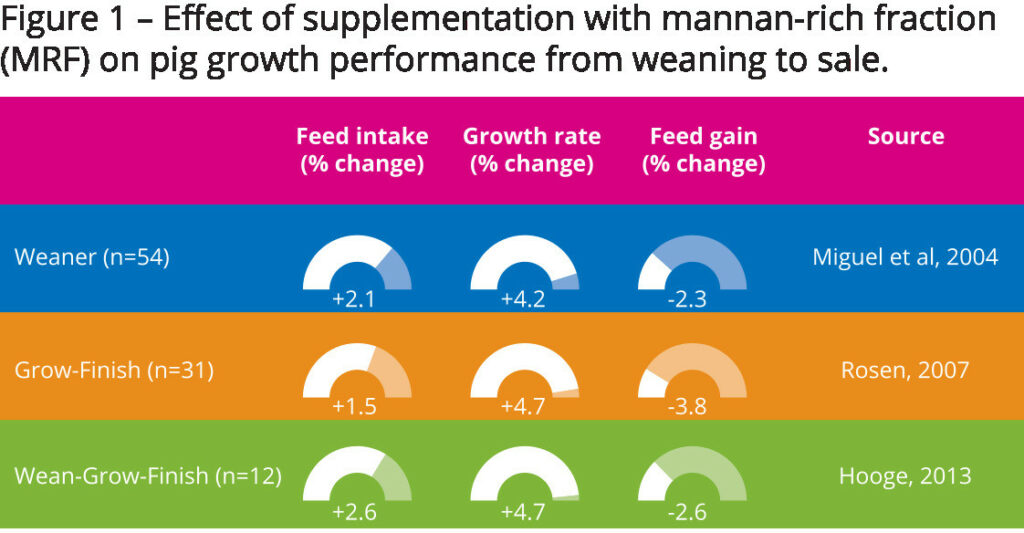 MRF works by modulating immune responses, promoting the production of antimicrobial peptides and enhancing mucosal immunity within the GI tract. Additionally, this technology aids in fostering a healthy gut environment by providing fermentable fibres that selectively stimulate the growth of beneficial bacteria, such as Lactobacilli and Bifidobacteria, while inhibiting the proliferation of pathogenic organisms.
MRF works by modulating immune responses, promoting the production of antimicrobial peptides and enhancing mucosal immunity within the GI tract. Additionally, this technology aids in fostering a healthy gut environment by providing fermentable fibres that selectively stimulate the growth of beneficial bacteria, such as Lactobacilli and Bifidobacteria, while inhibiting the proliferation of pathogenic organisms.By targeting multiple aspects of gut health, MRF offers a proactive solution for enhancing digestive function and supporting resilience in pigs. This, in turn, allows for more optimal nutrient absorption, digestion and increased pig growth performance. The widespread benefits of including MRF in pig diets are illustrated by a significant increase in the growth rates of pigs (wean and wean through finish) who are fed a diet containing MRF, as shown in Figure 1.




